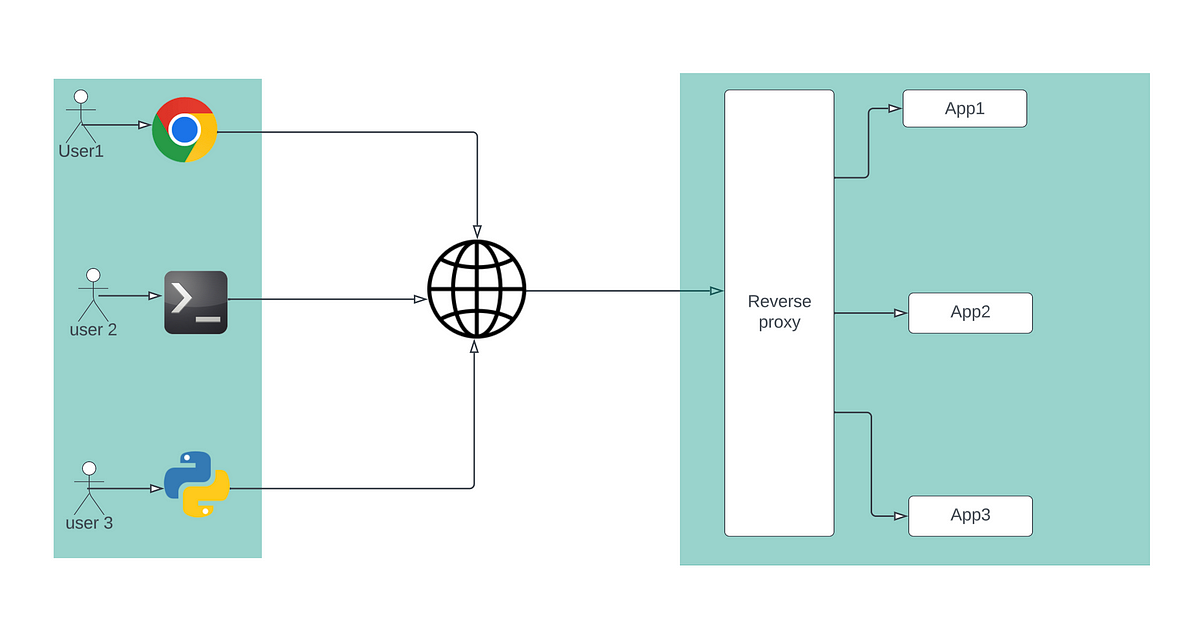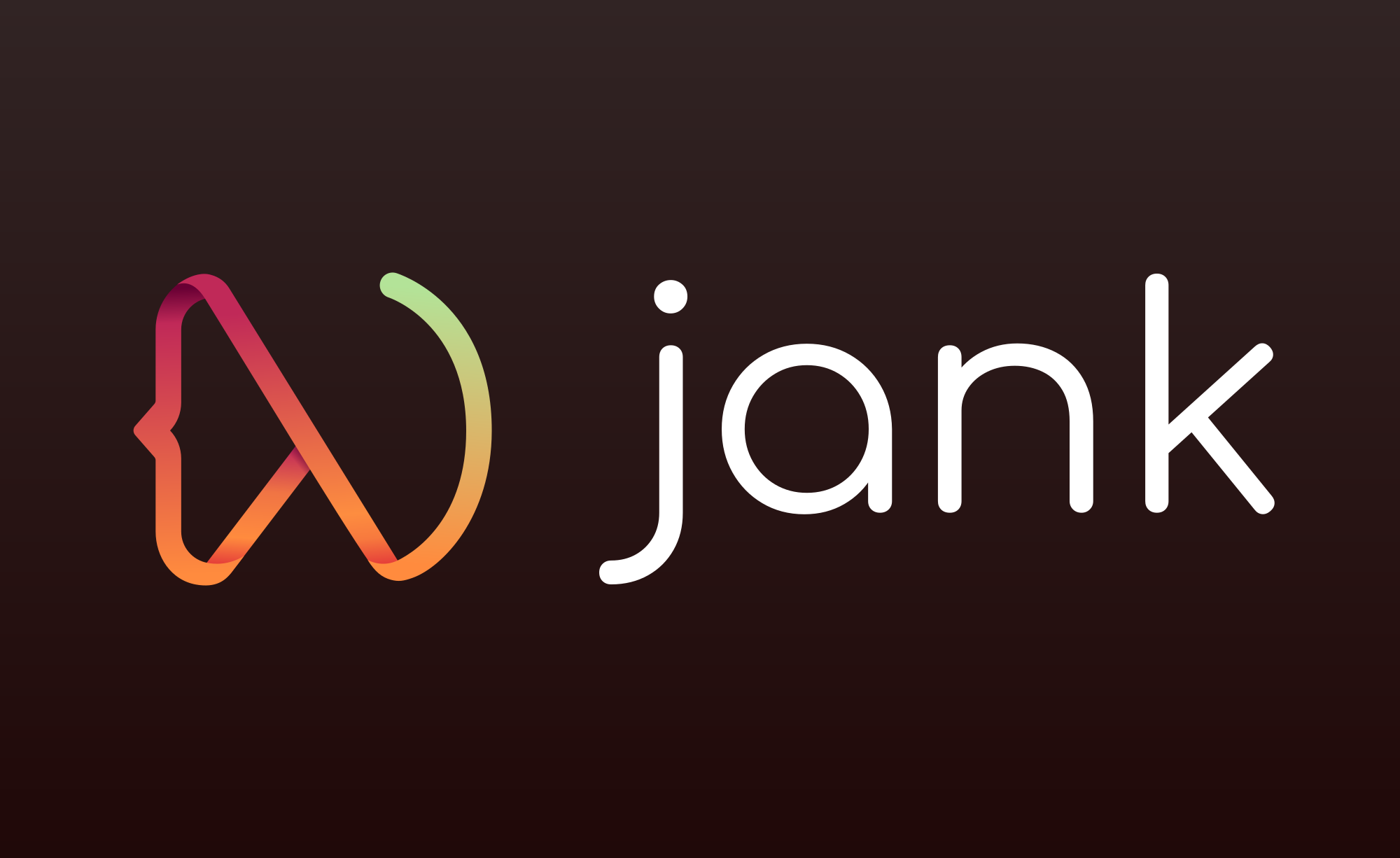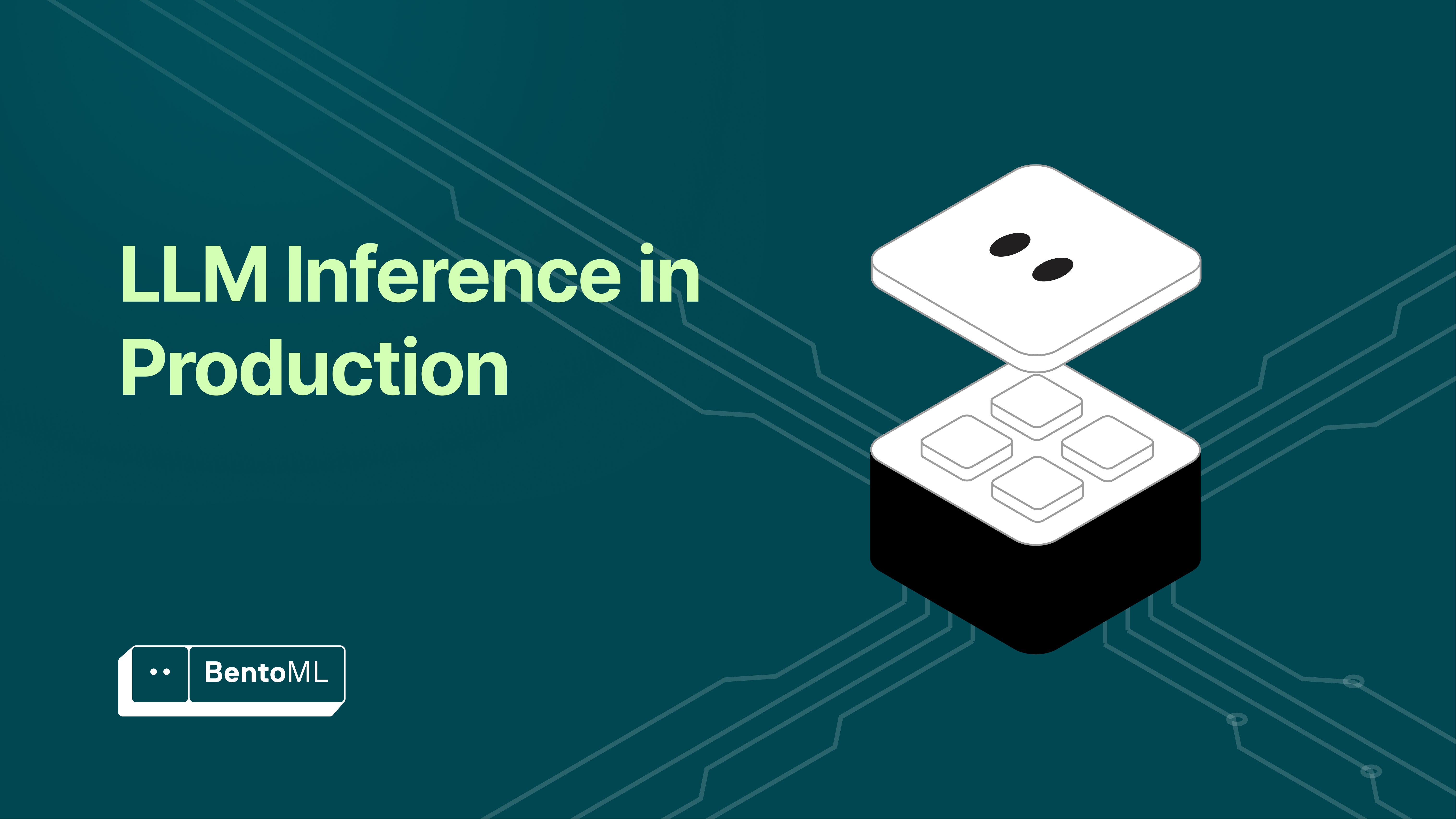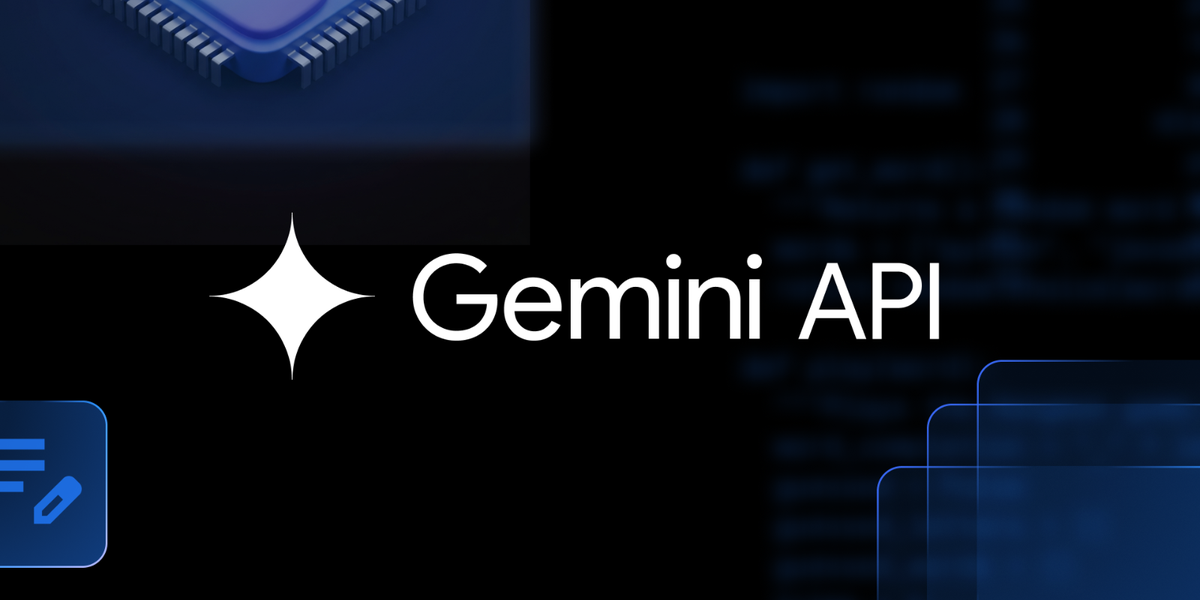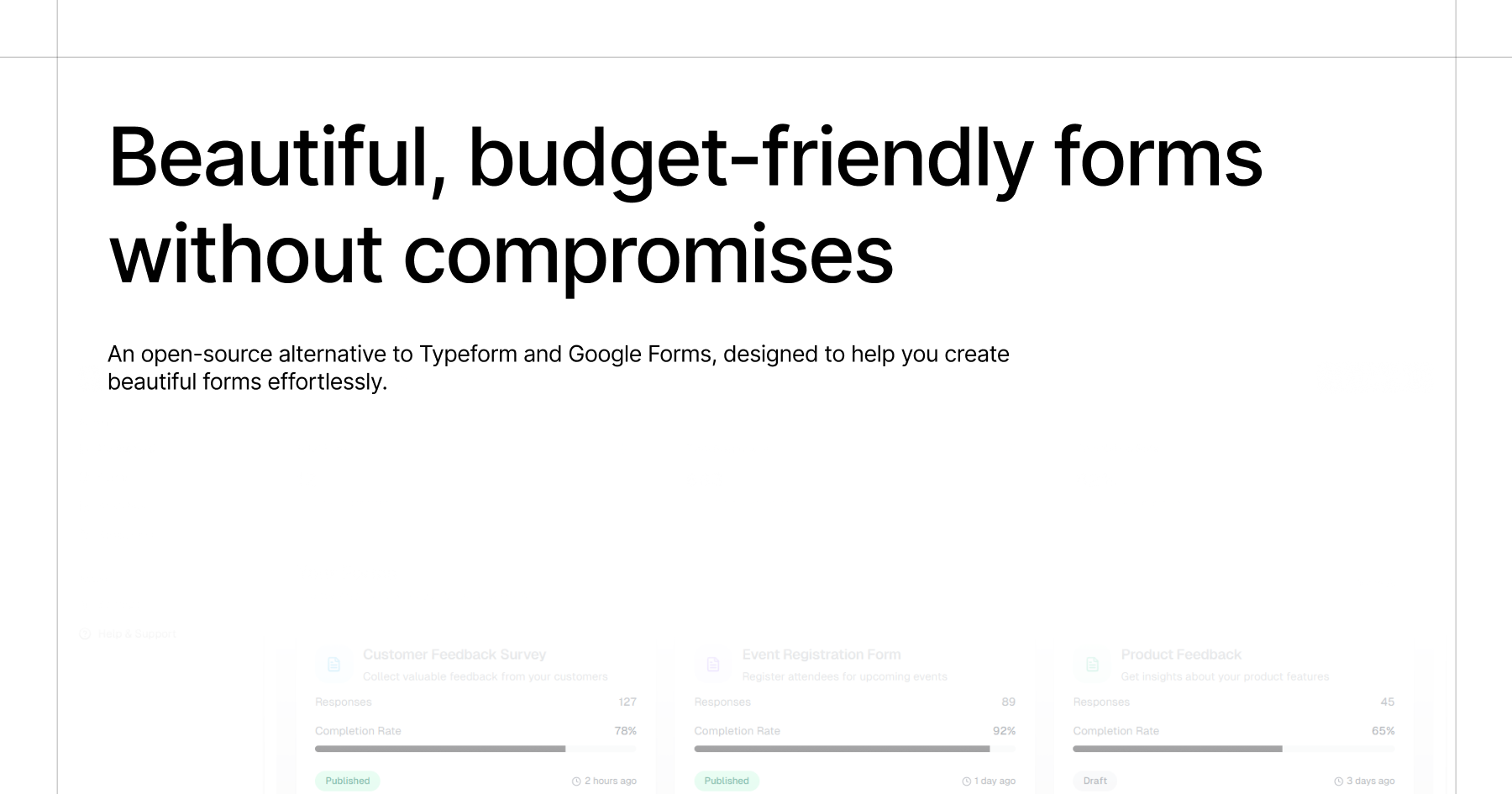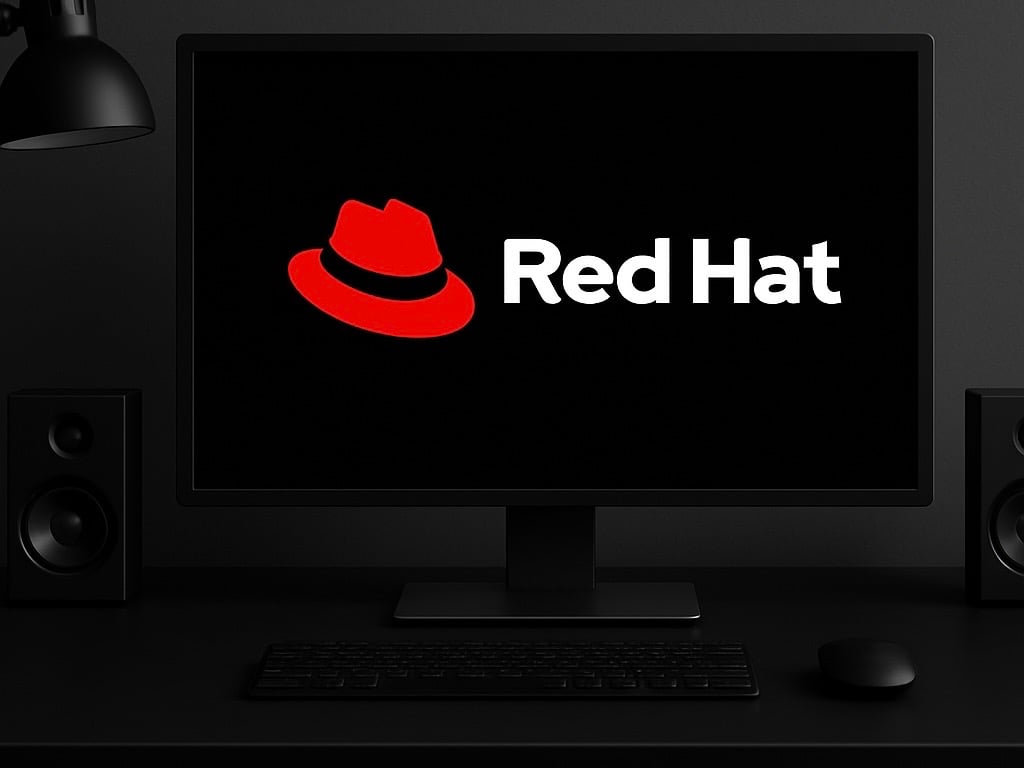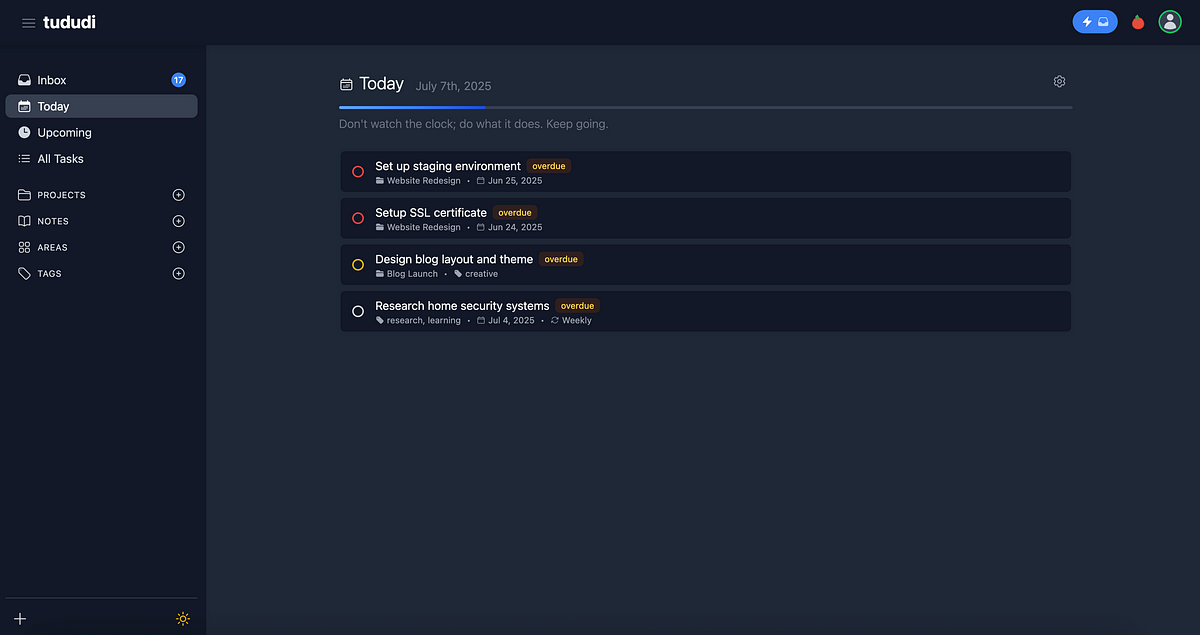Introduction to Digital Filters with Audio Applications
This comprehensive textbook provides a thorough introduction to digital filters and their applications in audio processing. Starting with the simplest lowpass filter, it progressively covers the theoretical foundations, design methods, and implementation techniques of various filter types, including linear time-invariant (LTI) filters, finite impulse response (FIR) filters, infinite impulse response (IIR) filters, and diverse filter structures and implementations. The book includes numerous Matlab and Faust code examples, along with rich audio application case studies, making it ideal for students and researchers in digital signal processing and audio engineering.

